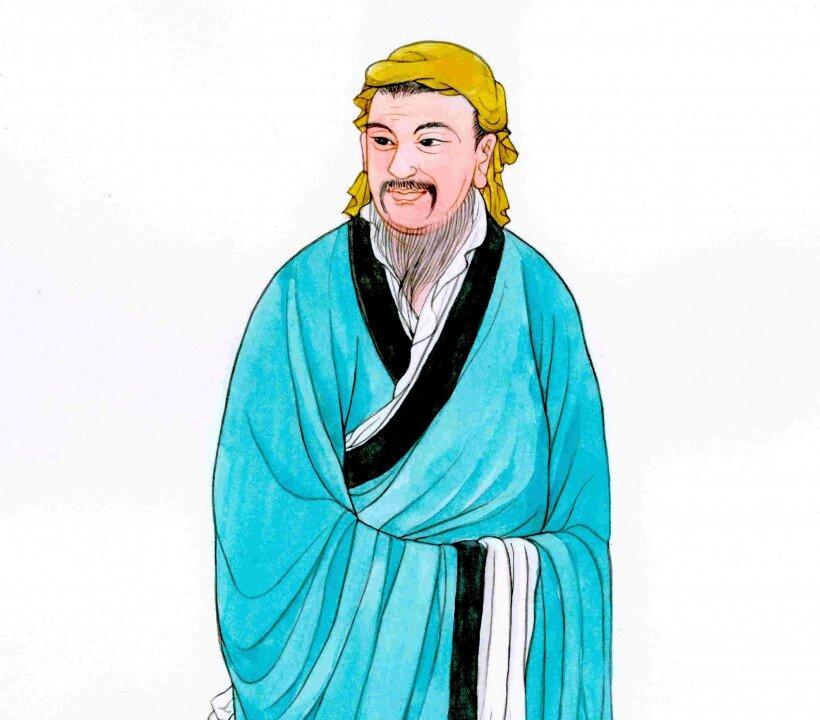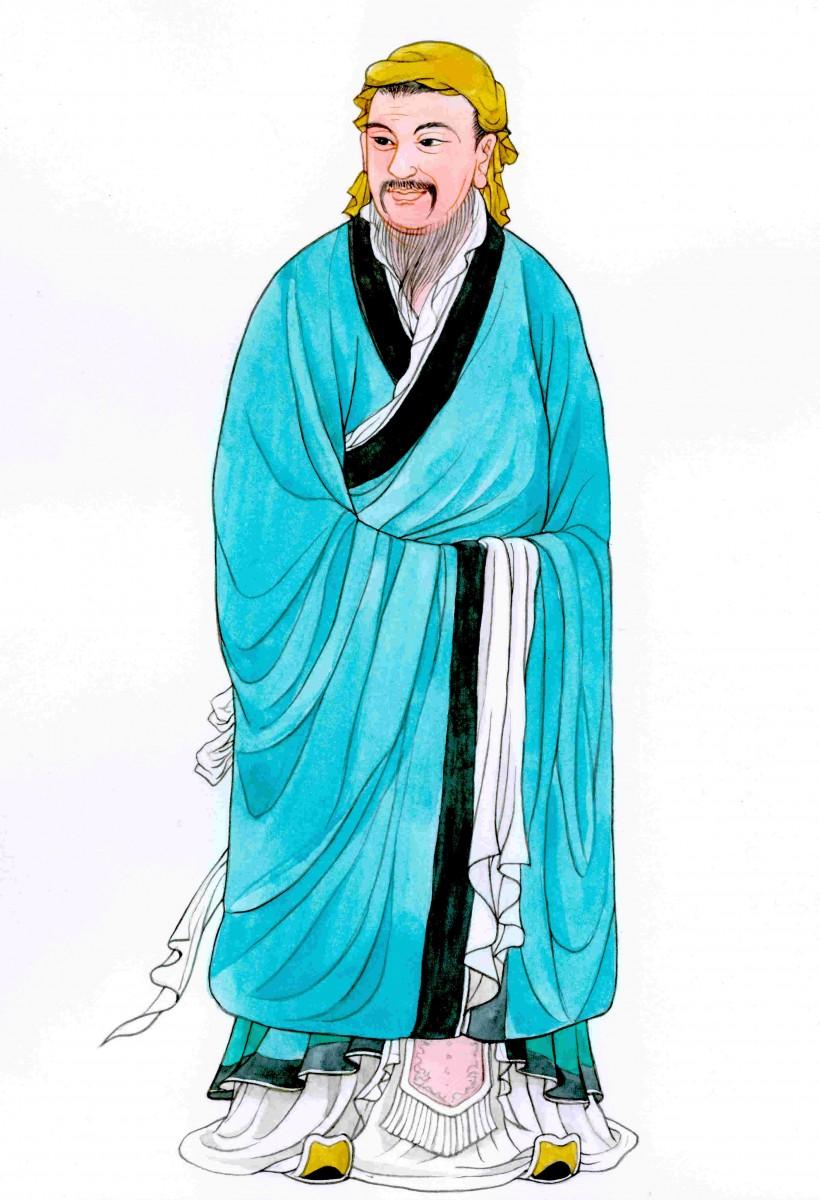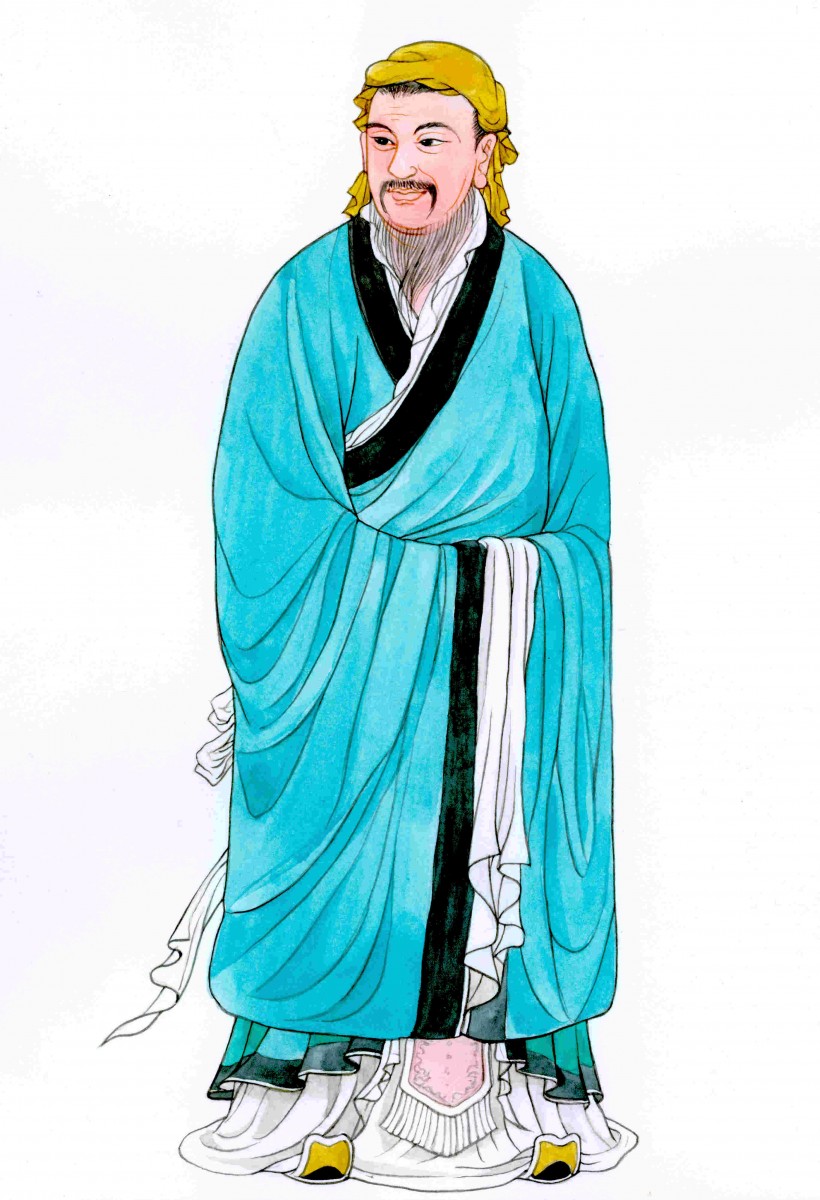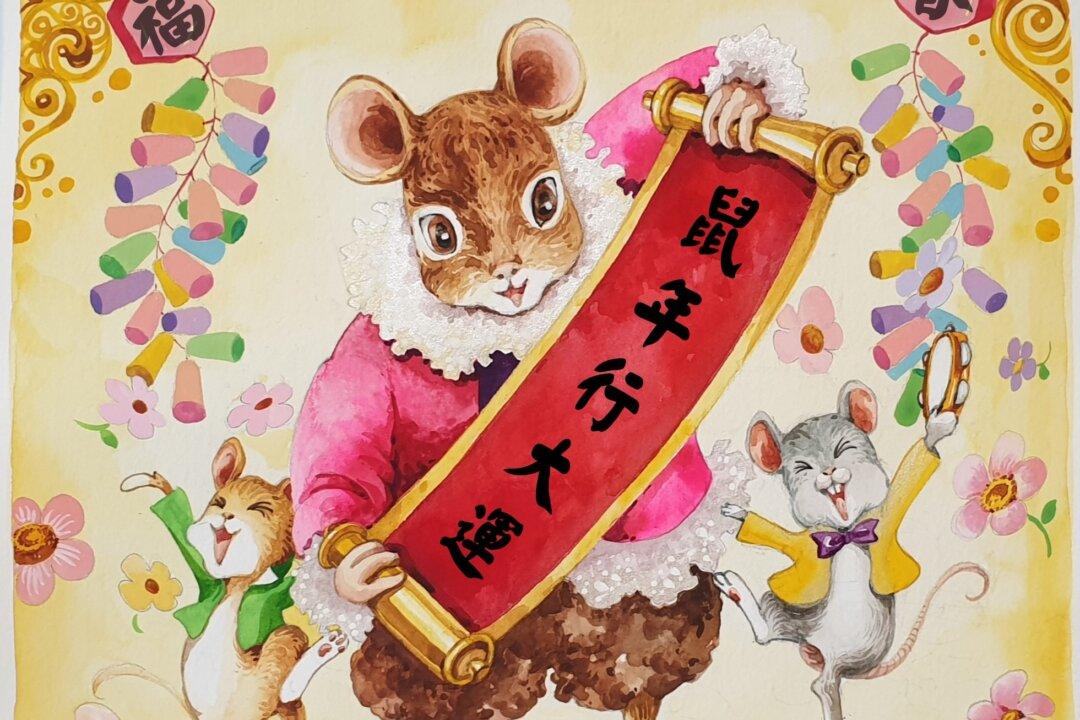During the last several hundred years of the Zhou Dynasty (周朝), people’s selfish desires increased along with the development of society.
The ancient great virtues and the virtuous rule of emperors in the Xia Dynasty (夏朝), Shang Dynasty (商朝), and early Zhou Dynasty were replaced by individuals seeking personal interest. As a result, relationships among states were intensely competitive and many wars broke out.
During this period, great saints appeared in China.
Lao Zi (老子) imparted the Dao (道)—the way to return to one’s original, true self.
Confucius taught benevolence (仁) as the basis of moral behaviour, while noting that the Dao is the ultimate goal, based on virtue (德), and relying on 仁.
The character 仁 alone or in combination with other characters refer to concepts such as mercy, kindness, love, humanity, and charity. It expresses the idea of adopting a noble manner in conducting oneself in relationships with others.
Early Years
Confucius (551–479 B.C.) is known in China as Kong Zi (孔子), or Kong Fu Zi (孔夫子). His name at birth was Kong Qiu (孔丘), styled Zhong Ni (仲尼) (a traditional Chinese “style name” given after age 20 to mark the coming of age).
Confucius lived in the State of Lu during the Spring and Autumn Period (770–476 B.C.) in the later part of the Zhou Dynasty (approximately from the 11th century B.C. to 221 B.C.)
Confucius’s mother was a concubine of an elderly officer. When Confucius was 3 years old, his father passed away. He and his mother were very poor, but Confucius loved to read and learn about etiquette.
Benevolence Principle
Confucius acquired great knowledge through diligent study. He mastered poetry, history, the Zhou rites, and other classical traditions, as well as the six arts (六藝): ritual (禮), music (樂), archery (射), charioteering (御), reading and writing/calligraphy (書), and arithmetic (數).






